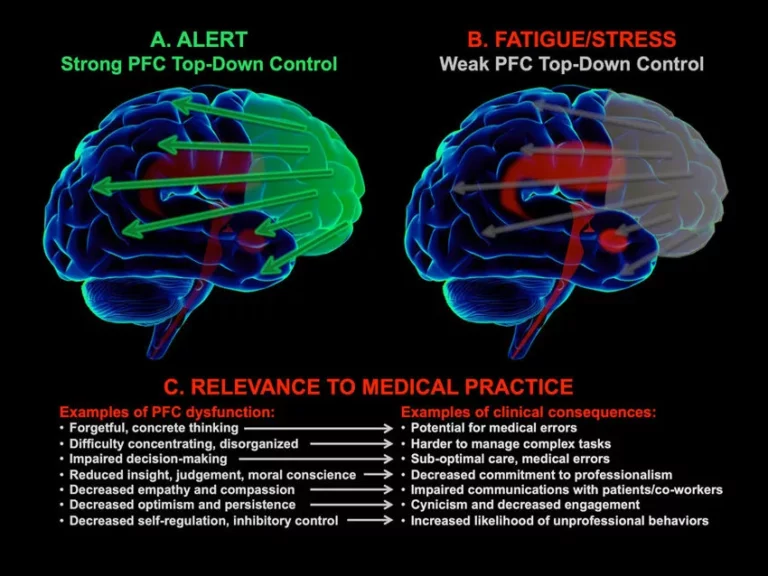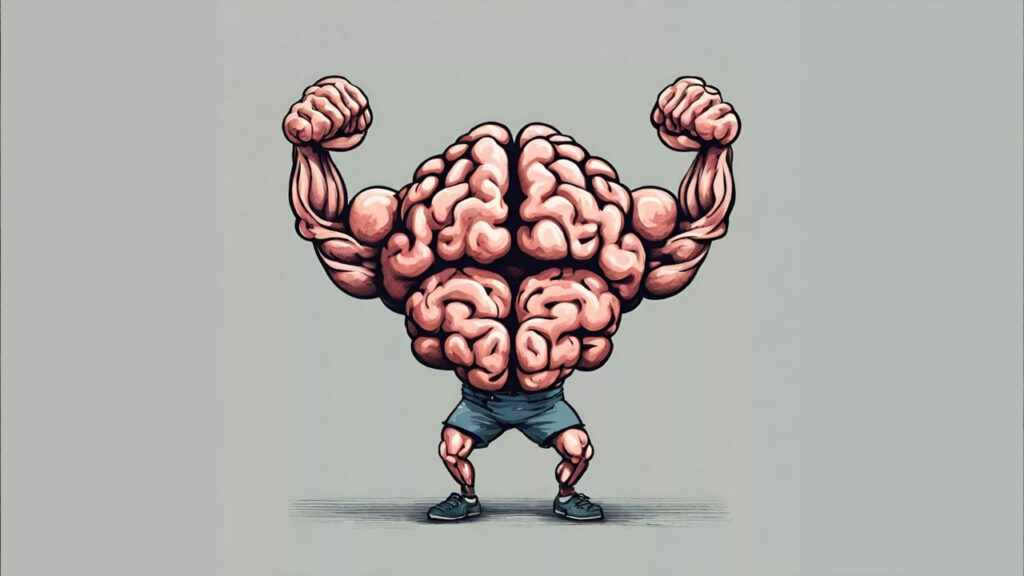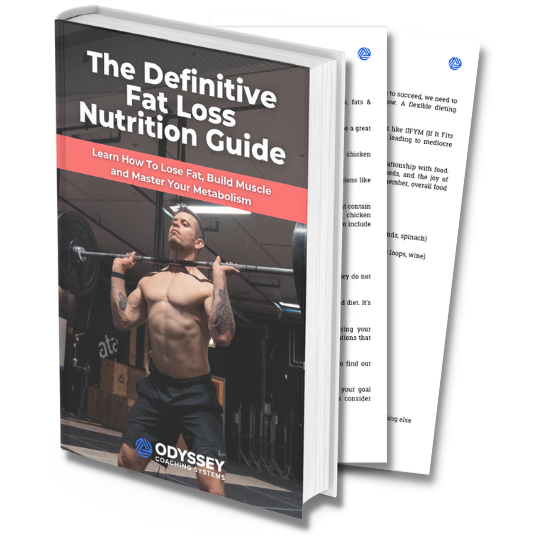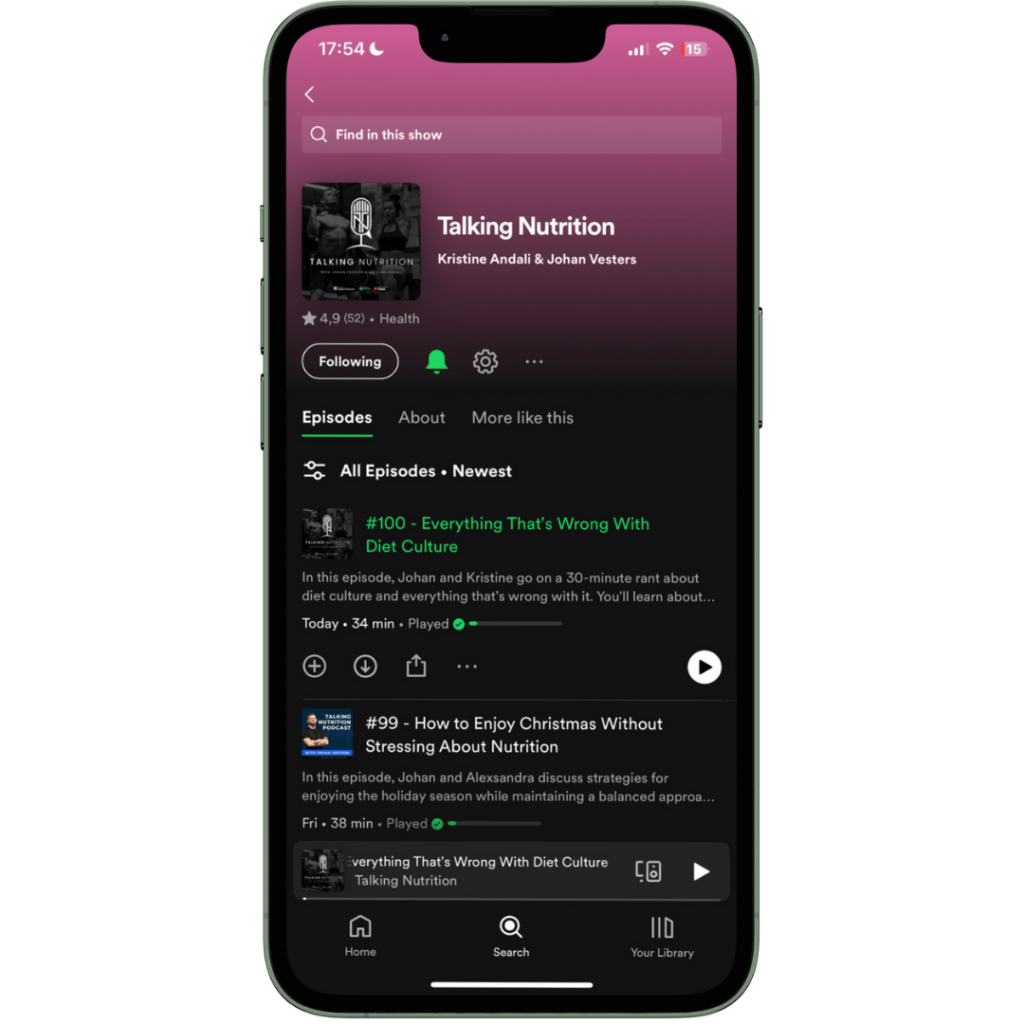You want to lose body fat, build muscle, and gain confidence…
You know protein is important, that you should eat your fruits and vegetables, and that working out is good for you.
You KNOW almost exactly WHAT to do.
Yet you can’t seem to collect enough willpower to do the things required to realize your goals, or stick with the process long enough.
The leftover Christmas cookies keep calling your name from the kitchen table. Staying on the couch is much more comfortable than doing the chores around the house. It’s bedtime, yet you stay awake scrolling social media or watching Netflix.
Sound familiar?
Ever feel like you just don’t have the same amount of willpower as others who do reach their goals?
Does it feel difficult to practice self-control, to resist temptations, and to delay gratification?
Today you’ll learn exactly what sets our most successful nutrition coaching clients apart, so you can do the same.
(Honestly, I think you’ll be surprised by some the solutions to your willpower problem.)
Before we jump in:
- We are currently accepting new clients into our online nutrition coaching program. If you’re looking for individualized help, you can get a free consultation call to learn more. Click here to apply and learn more (the call is non-binding, and 100% on the house). I’ll personally get back to you to confirm.
Can Willpower be Depleted? - Controversy in Science

Stress and Self Control are Enemies
- social interaction
- personality expression
- memory
- inhibition of inappropriate behaviors
- self control
- attention
- decision-making
- Being forgetful
- Having a hard time concentrating
- Being disorganized
- Reduced insight, judgement, and moral conscience
- Decreased empathy and compassion
- Decreased optimism and persistence
- Decreased self-regulation and inhibitory control

Can you Train Your Willpower?
- Challenge yourself. Set action-based goals (in favor of your main goal) that push you. Make sure they’re challenging yet achievable. Think of anything ‘difficult’ that you know will benefit you, like following a hard workout routine.
- Get uncomfortable. You need a strong mind, not just a strong body. What can you think of that pushes you outside of your comfort zone? Can you get in that ice bath, or crank the shower and see how long you last? There’s a lot of hype around cold water exposure, mostly based on incorrect claims. However, one thing it does do, is train your willpower muscle. You do something you KNOW you really don’t want to do, but you do it anyway and resist the urge of getting out. This is just one way of showing yourself who’s really in control.
- Resist temptations. Temperance – the practice of moderation and self-restraint – is a skill you must gain. There’s on long-term success in health and fitness without it. Expose yourself to the things you know you struggle with. Can you keep that phone away and NOT scroll social media every second you get distracted? Can you stop yourself from grabbing 10 cookies instead of 1? Can you go to bed on time, instead of watching “just one more” episode of your favorite series?
The Willpower Trap - How to Reach Your Goals Without Willpower
- If you haven’t learned how to eat healthy AND include some flexible foods in moderation…
- If you have no support from the people around you, or no one who can guide and hold you accountable…
- If you’re constantly tempted because the house is full of snacks, cookies, and sugary drinks…
How to Build Willpower Summarized - Be the Scientist, Not the Subject
- Start off by doing inventory of your life. What needs most work?
- What actions do you need to take to improve on those things?
- How about your social circle, skills and knowledge, and direct environment?
- Make sure to reflect weekly. Turn bad days into good data. Zoom out, address how you’re doing, and use that information to figure out how to move forward.
- Baumeister RF, Bratslavsky E, Muraven M, Tice DM. Ego depletion: is the active self a limited resource? J Pers Soc Psychol. 1998 May;74(5):1252-65. doi: 10.1037//0022-3514.74.5.1252. PMID: 9599441.
- Gailliot, M. T., Baumeister, R. F., DeWall, C. N., Maner, J. K., Plant, E. A., Tice, D. M., Brewer, L. E., & Schmeichel, B. J. (2007). Self-control relies on glucose as a limited energy source: Willpower is more than a metaphor. Journal of Personality and Social Psychology, 92(2), 325–336. https://doi.org/10.1037/0022-3514.92.2.325
- Job V, Walton GM, Bernecker K, Dweck CS. Beliefs about willpower determine the impact of glucose on self-control. Proc Natl Acad Sci U S A. 2013 Sep 10;110(37):14837-42. doi: 10.1073/pnas.1313475110. Epub 2013 Aug 19. PMID: 23959900; PMCID: PMC3773743.
- https://www.researchgate.net/figure/The-higher-cognitive-functions-of-the-prefrontal-cortex-are-impaired-by-fatigue-or_fig1_349869220





